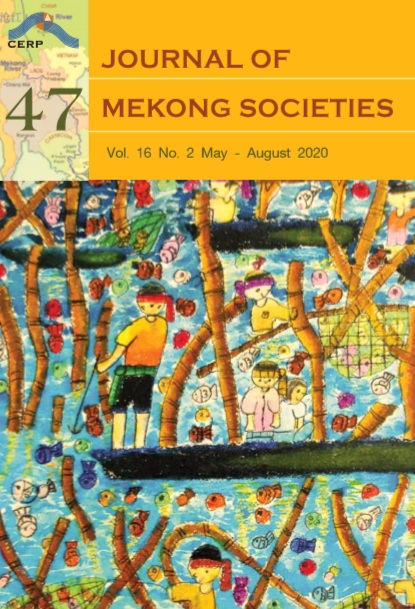Education and Cultural Capital Accumulation: The Life Course of Blind People
Main Article Content
Abstract
This article analyzes how the cultural capital of blind and visually-impaired people is formed and accumulated through education, which affects their life course. As research methods, the study used interviews with and participant observation of 11 blind and visually-impaired persons and nine teachers in schools for the blind. Data were analyzed based on the framework of Pierre Bourdieu. The study found that parents’ perspectives of disability had great influence on the school admissions of their visually-impaired children. Pedagogy in schools for the blind was important in forming and accumulating cultural capital in life skills, academic skills, and attitudes toward disabilities and society. Moreover, the blind persons developed social capital in the schools, which enabled them to study in inclusive education and live in society. Academic and social knowledge led to the development of habitus and independent living. Visually-impaired people’s cultural capital was transformed into other types of capital, job opportunities, earnings, and social recognition. Moreover, their social participation demonstrates that disability is socially constructed, as people with disabilities can live independently and contribute to society. However, even if visually-impaired people are relatively wealthy, their social position remains unequal because other people consider their disability rather than their ability.


